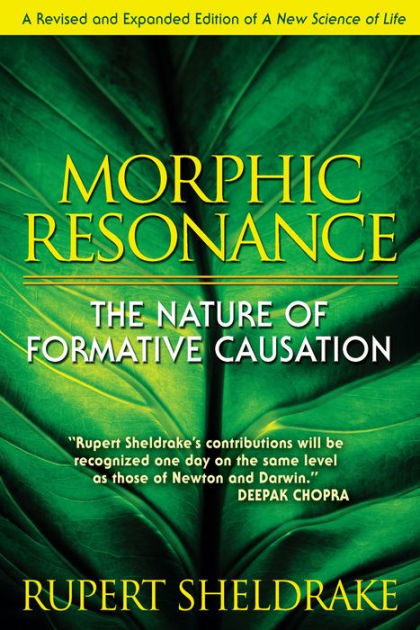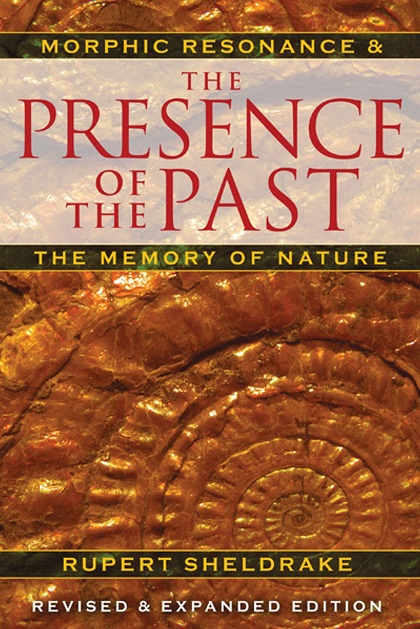|
home | what's new | other sites | contact | about |
|||
|
Word Gems exploring self-realization, sacred personhood, and full humanity
Darwinism's main objection to
return to "Evolution Controversy" contents page
Editor’s note: The following information can be found in Dr. Sheldrake’s book, “Morphic Resonance,” or in his youtube interview with Joe Rogan at 28:15.
“not necessary” Dr. Sheldrake explains that he developed his theory of morphogenesis beginning in the early 1970s. Wanting to be sure of his facts, he delayed publishing his ideas until the 1980s. At the debut, his colleagues in science, especially those in biology, “did not say what’s the evidence?, they just said, this is unnecessary.” Dr. Sheldrake, from the preface to "The Presence Of The Past": "When the hypothesis was first published, it was inevitably controversial. I was not surprised by disagreement, but I was surprised -- and relieved -- by the fact that even my most vociferous critics came up with no evidence against the hypothesis, nor pointed out any serious logical flaws. Instead, they dismissed this hypothesis as unnecessary." In other words, “We don’t need morphogenesis because we’re soon going to figure everything out in terms of genes and molecular biology. Give us time, we don’t need new ideas, everything is fine.” This brash confidence in genetics as the final answer to life’s mysteries led to the Human Genome Project, culminating in the year 2000 – one of the greatest disappointments in the history of science.
|
|||
|
|

